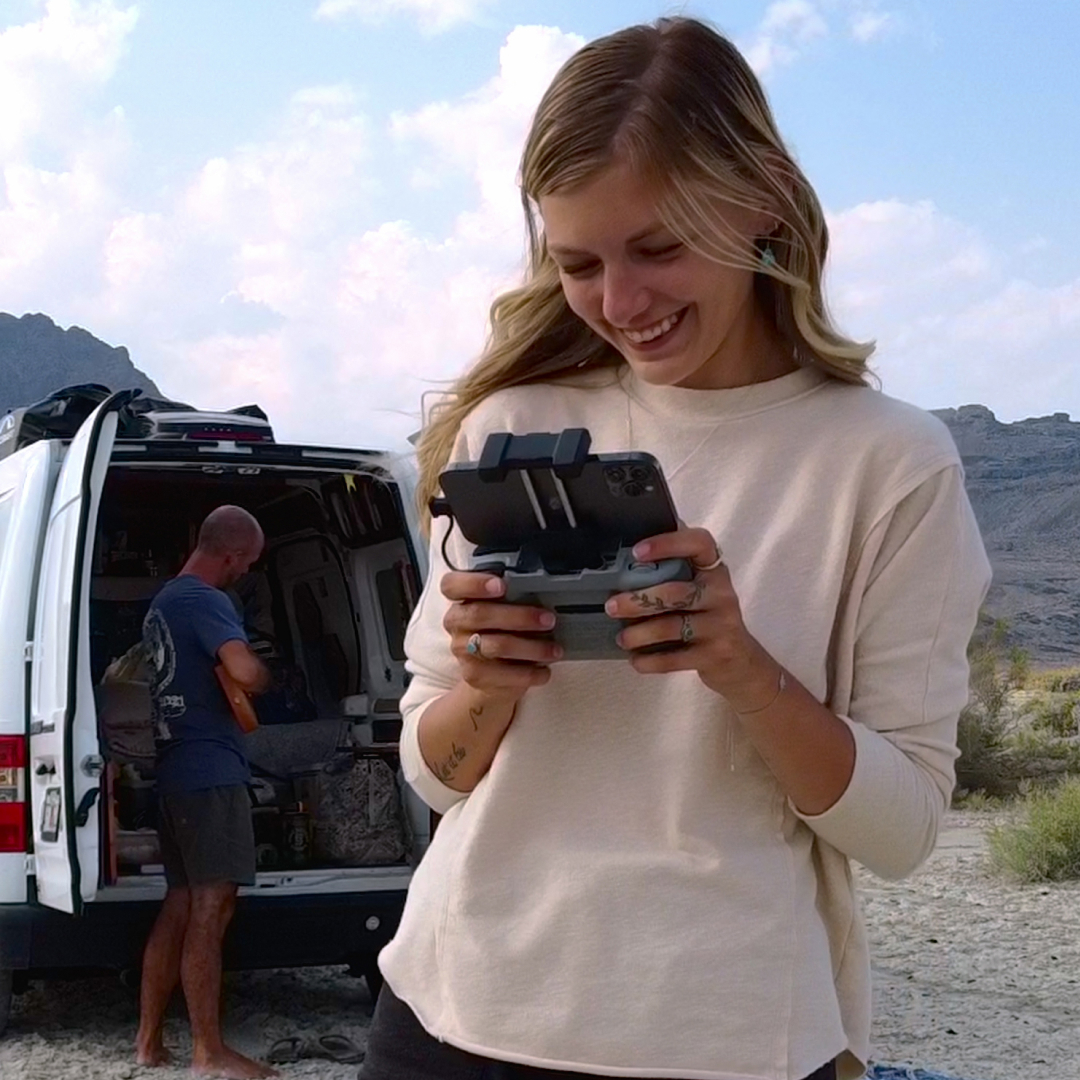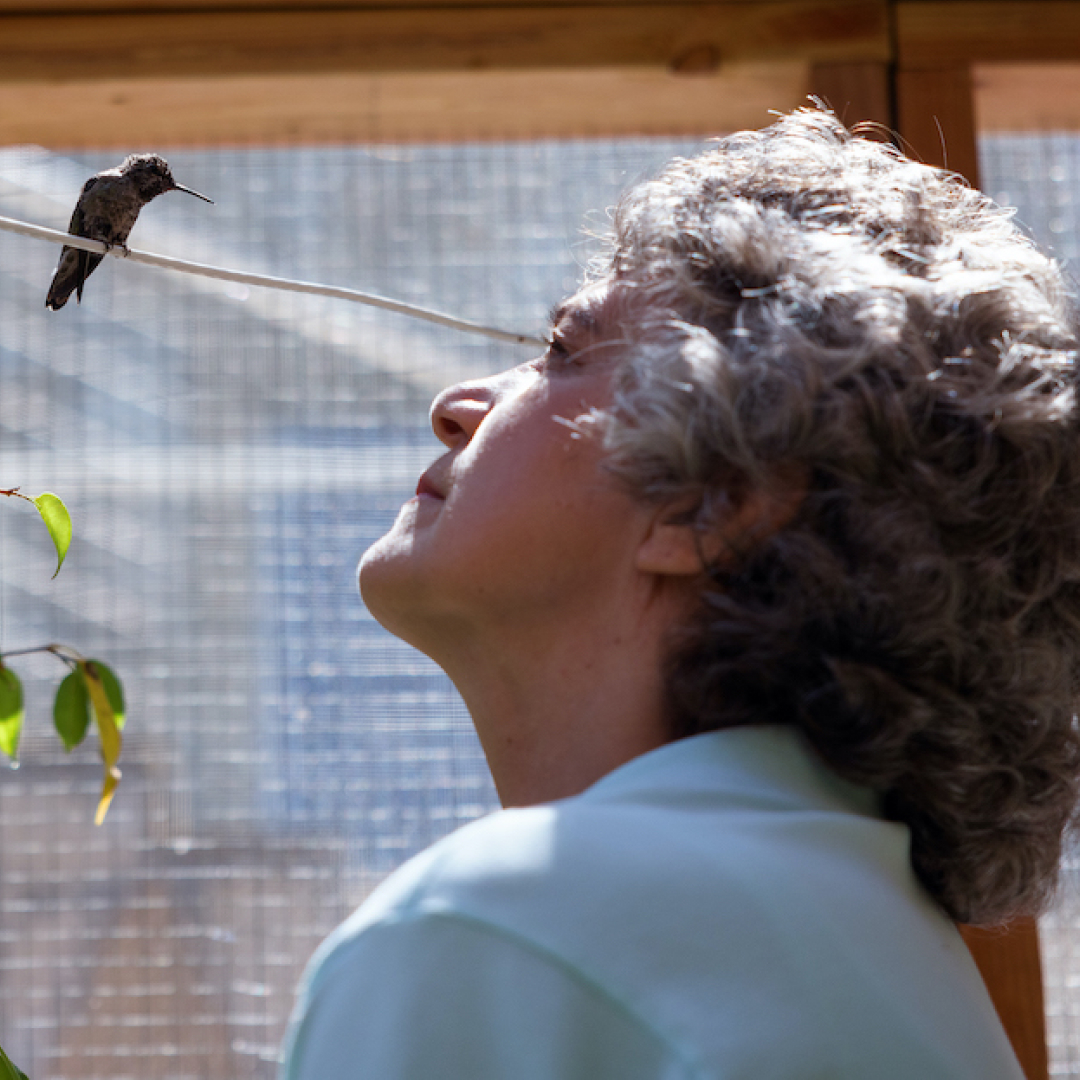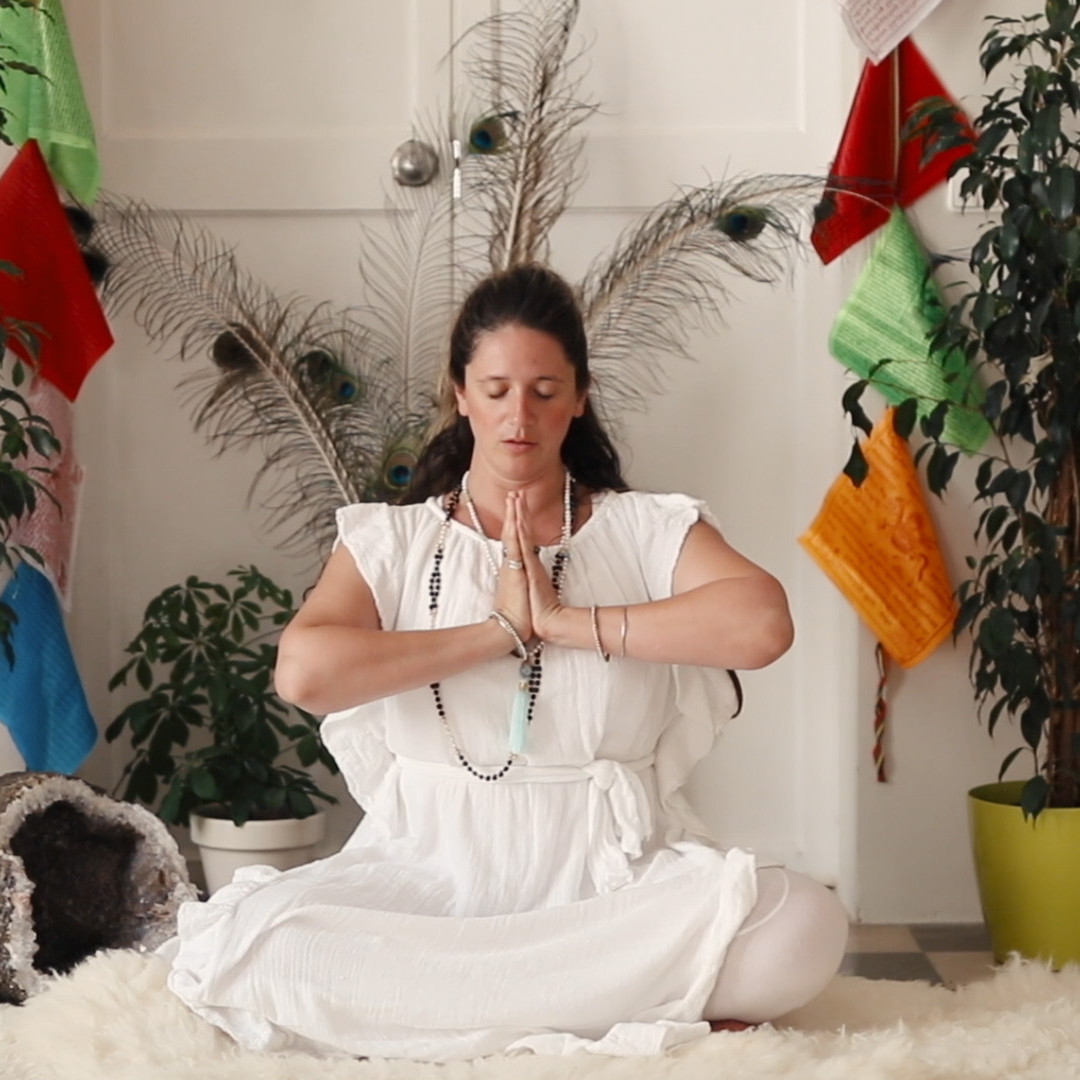A Documentary About Delhi's Brutal Bus Rape Gets Banned in India, BBC Releases It Anyway
The film is causing a global uproar.

Get ready to be shocked, irritated, annoyed and confused—all at once. India's Daughter, a documentary film about the 2012 Delhi bus rape case that took the world by storm is now causing a furious global uproar of its own. The film, which was originally supposed to air this Sunday on International Women's Day, was banned by Indian officials after excerpts released for the film's publicity campaign showed one of the convicted rapists making horrifying comments. In response to the ban, BBC pushed the release date forward and aired the documentary on Wednesday night, which was then uploaded by users to YouTube. Clearly, Indian government officials are pissed.
Renowned British filmmaker Leslee Udwin worked on the film for two years, capturing the aftermath of the rape case. The documentary film features hours of interviews with convicted rapist, Mukesh Singh.
Activists around the world are split on whether the film highlights troubling misogynistic attitudes in India or whether it gives Mukesh Singh and other rapists a glorifying public platform.
"A decent girl won't roam around at nine o'clock at night. A girl is far more responsible for rape than a boy," Singh says in the film. "Housework and housekeeping is for girls, not roaming in discos and bars at night doing wrong things, wearing wrong clothes. About 20% of girls are good. When being raped, she shouldn't fight back. She should just be silent and allow the rape."
On the night of December 16, 2012, Singh and five other men violently raped and beat 23-year-old student Jyoti Singh on a moving bus in Delhi. She was coming back from a film with a male friend. She died of internal injuries a few weeks later.
According to the Guardian, nearly 300,000 people watched India's Daughter after its Wednesday night broadcast. The video also went viral on YouTube and has been widely shared around the world. In a statement, Youtube said that it had complied with a request to take down the page hosting the documentary, but users quickly posted other links to versions of the film, the BBC reports.
On Twitter and Facebook, those opposing the documentary have been tweeting #banBBC. The hashtag has been mentioned more than 13,000 times, according to a BBC report. But others applaud the documentary and have even asked the Indian government to reverse the ban in a Change.org petition.
Stay In The Know
Get exclusive access to fashion and beauty trends, hot-off-the-press celebrity news, and more.
In an interview with BBC on Thursday, filmmaker Udwin says, "I went out there not to point a finger at India—the opposite, to put it on a pedestal, to say not in my life have I seen another country go out with that fortitude and courage the way the Indian nation did. Unfortunately what this ill-advised decision to ban the film is now going to do is have the whole world point fingers at India."
Update, 3/6:
The original version of this article stated that BBC uploaded the film to YouTube, which is not the case. A BBC spokesperson said: "The BBC has only broadcast the documentary, and made it available, in the UK. We have not uploaded it to YouTube. The independent production company which made the film is currently taking steps to remove illegal uploads."
You should also check out:
A Step Forward in the Fight Against Rape: New York Police Open a Sexual Assault Hotline for Students
Sundance Report: New Premiere 'The Hunting Ground' Sheds Further Light on Campus Rape
Study: 1 in 3 Men Would Rape If They Wouldn't Get Caught or Face Consequences
Jennifer Chowdhury is an independent journalist based in New York City and Bangladesh. She covers the South Asian and Muslim diaspora with a specific focus on gender rights. She is passionate about covering stories on women of color around the world whose voices are stifled by patriarchal attitudes, systematic racism and socioeconomic burdens.
-
 Tyla's Coachella Outfit Pairs Dolce & Gabbana With Pandora
Tyla's Coachella Outfit Pairs Dolce & Gabbana With PandoraThe singer wore a gold version of the crystal bra made famous by Aaliyah.
By Amy Mackelden Published
-
 How Kate Middleton Is Influencing George's Fashion Choices
How Kate Middleton Is Influencing George's Fashion ChoicesThe future king's smart blazer is straight out of Princess Kate's style playbook.
By Amy Mackelden Published
-
 King Charles "Couldn't" Meet Prince Harry During U.K. Visit
King Charles "Couldn't" Meet Prince Harry During U.K. Visit"It could actually bring down a court case."
By Amy Mackelden Published
-
 Where Are the Members of The Squad From 'Bad Influence: The Dark Side of Kidfluencing' Now?
Where Are the Members of The Squad From 'Bad Influence: The Dark Side of Kidfluencing' Now?The names in the Netflix docuseries have fallen out of touch with subject Piper Rockelle.
By Quinci LeGardye Published
-
 Where Is Piper Rockelle Now? What We Know About the Subject of 'Bad Influence: The Dark Side of Kidfluencing'
Where Is Piper Rockelle Now? What We Know About the Subject of 'Bad Influence: The Dark Side of Kidfluencing'The documentary examines a kidluencing empire and the lawsuit against it.
By Quinci LeGardye Published
-
 Where Is Graham Hornigold Now? What We Know About the 'Con Mum' Subject
Where Is Graham Hornigold Now? What We Know About the 'Con Mum' SubjectThe renowned pastry chef is on the hook for over £300,000.
By Quinci LeGardye Published
-
 The Best True Crime Documentaries and Series to Watch in 2025
The Best True Crime Documentaries and Series to Watch in 2025You're going to want to add these to your queue.
By Abby Monteil Last updated
-
 16 Documentaries Coming Out in 2025 That Should Be on Your Watchlist
16 Documentaries Coming Out in 2025 That Should Be on Your WatchlistFrom the untold stories behind fashion and music icons to revolutionary Oscar-winners.
By Abby Monteil Last updated
-
 Where Are the Stars of Netflix's 'The Later Daters' Now?
Where Are the Stars of Netflix's 'The Later Daters' Now?Plus, which cast member got engaged after filming!
By Quinci LeGardye Last updated
-
 In 'Zurawski v. Texas,' the Post-Dobbs Reality Is Darker Than You Could Have Imagined
In 'Zurawski v. Texas,' the Post-Dobbs Reality Is Darker Than You Could Have ImaginedA new documentary, produced by Hillary and Chelsea Clinton, and Jennifer Lawrence, shows just how catastrophic anti-abortion bills are—and what’s at stake if we stop fighting them.
By Jessica Goodman Published
-
 Who Is Guru Jagat? What to Know About the Kundalini Yoga Instructor From HBO's 'Breath of Fire'
Who Is Guru Jagat? What to Know About the Kundalini Yoga Instructor From HBO's 'Breath of Fire'HBO's latest true-crime doc explores the fall of a celebrity yoga instructor and her mysterious death.
By Quinci LeGardye Published